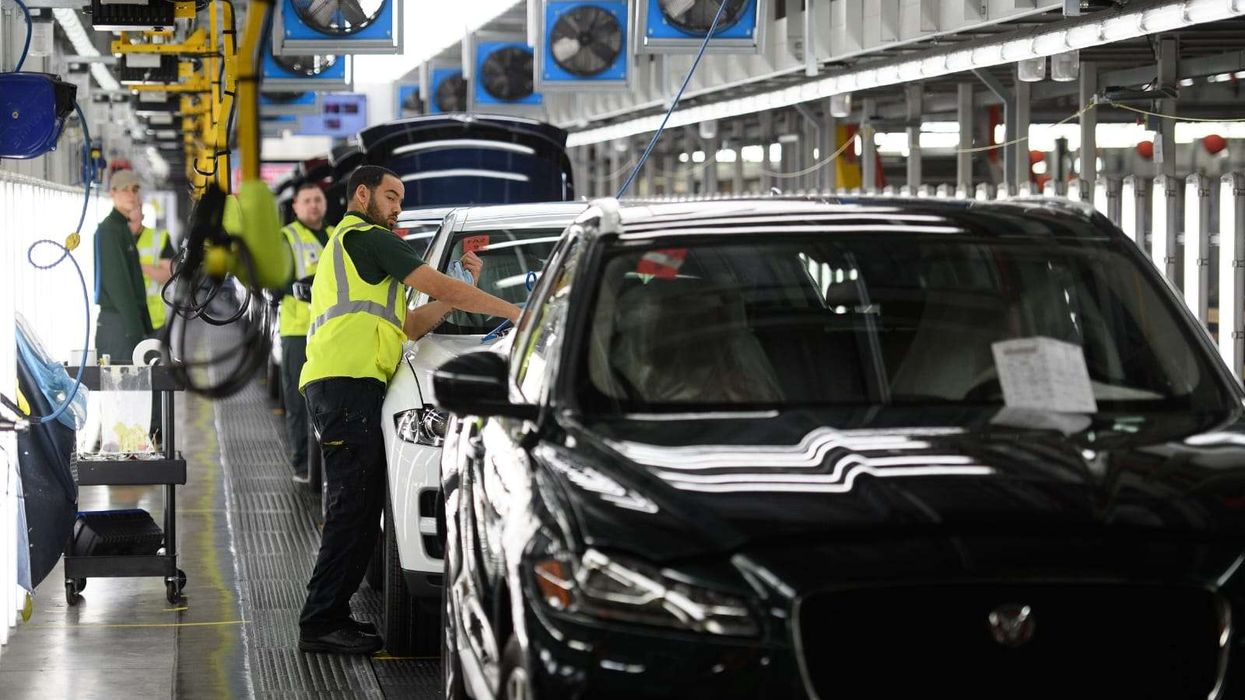Britain's communities secretary James Brokenshire embarked on a three-day visit to India on Thursday (4) to promote business and technology ties of the country with the Midlands region of England.
The UK Cabinet minister, who is also the British government's “Midlands Engine Champion”, is set to bring together senior British and Indian officials and businesses to re-affirm a post-Brexit commitment to the Midlands-Maharashtra Technology Partnership.
“The Midlands and Maharashtra are thriving tech hubs in their own right, and by bringing these two great regions together we are strengthening our technological and economic ties to the benefit of our people and businesses,” Brokenshire said in a statement.
“Whether it’s manufacturing the latest car model or sharing ground-breaking research, there is a lot to be gained and I’m determined we make the most of the opportunities, particularly as we prepare to leave the European Union,” he said.
The Midlands-Maharashtra Technology Partnership has been described by the UK government as the regional element of the UK-India Technology Partnership announced by India prime minister Narendra Modi and his British counterpart Theresa May during his visit to the UK in April.
The Indian and British governments had committed to increasing partnerships in technology through the industry, government, science and research, and by fostering trade and investment opportunities in both directions.
Brokenshire will begin his engagements in New Delhi by holding talks with finance minister Arun Jaitley, Anant G Geete, minister for heavy industries and public sector enterprises, as well as Sir Dominic Asquith, British high commissioner to India.
In Maharashtra, the minister will hold talks with Indian advanced manufacturing giant Bharat Forge. He is joined on the Indian trade mission this week by the Mayor of the West Midlands, Andy Street, and Chair of the Midlands Engine partnership, Sir John Peace.
The UK government is also using the opportunity to encourage British companies to participate in the India-UK Future Tech Festival in New Delhi in December. The festival is being pitched as a thought-leadership summit which will bring together business, policy makers, venture capital, scientists and entrepreneurs.
It will drive trade, investment and partnerships across key sectors, and promote and celebrate the UK and India as major technology innovators and trading partners, the UK government said.











